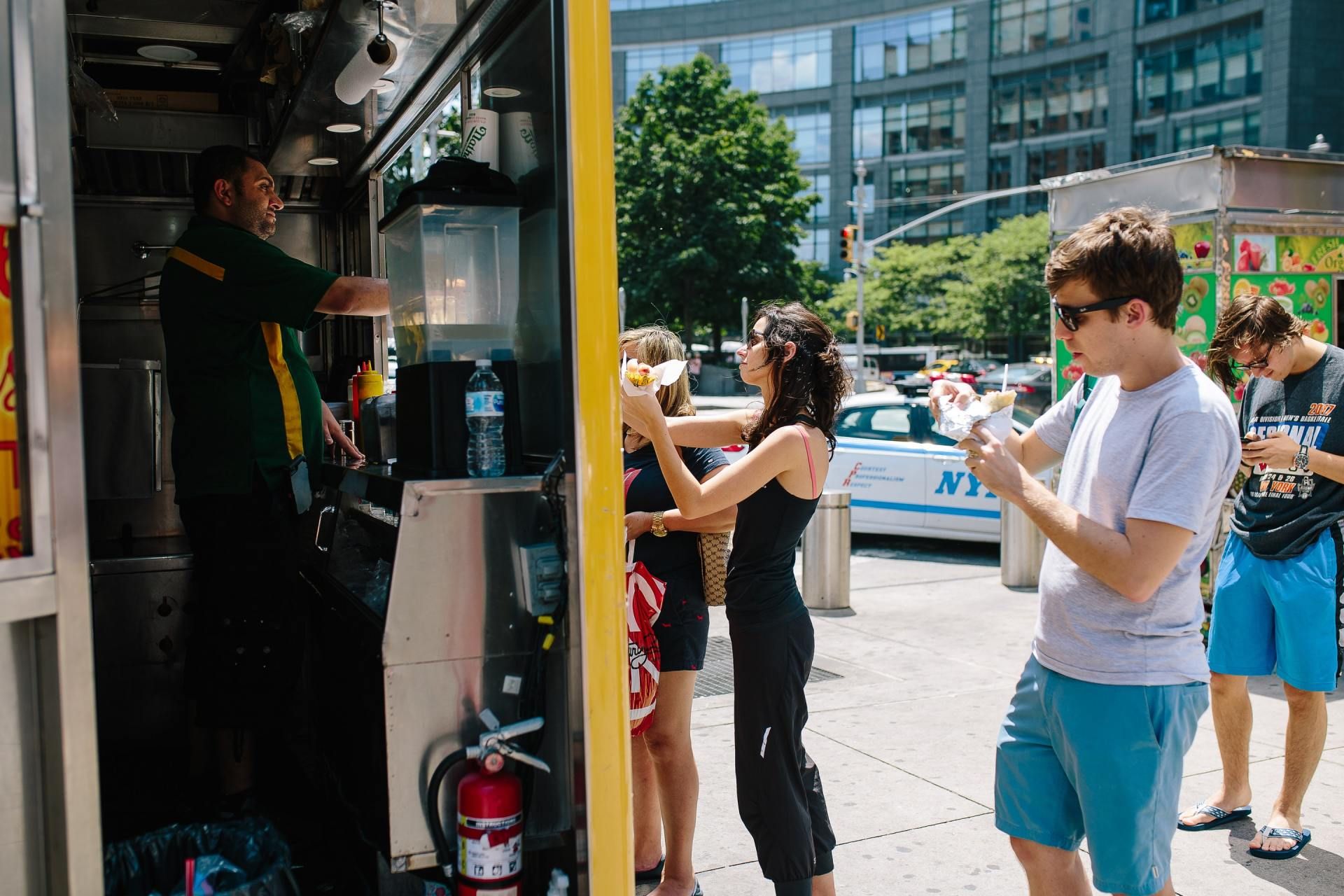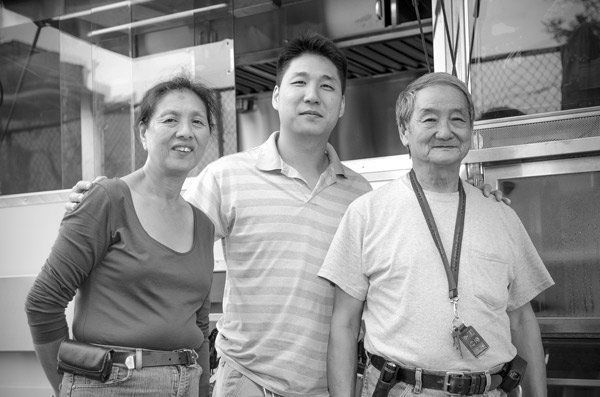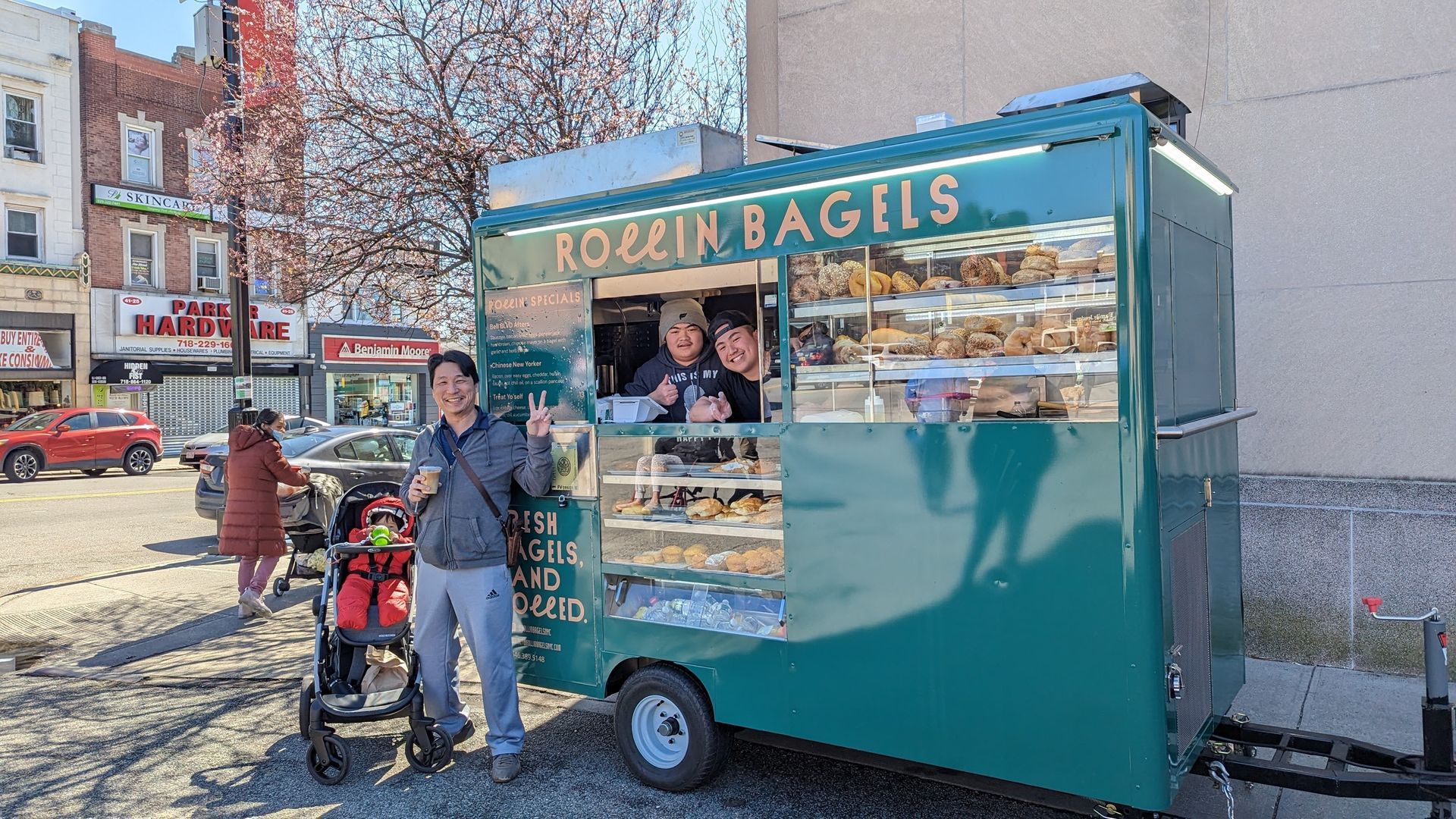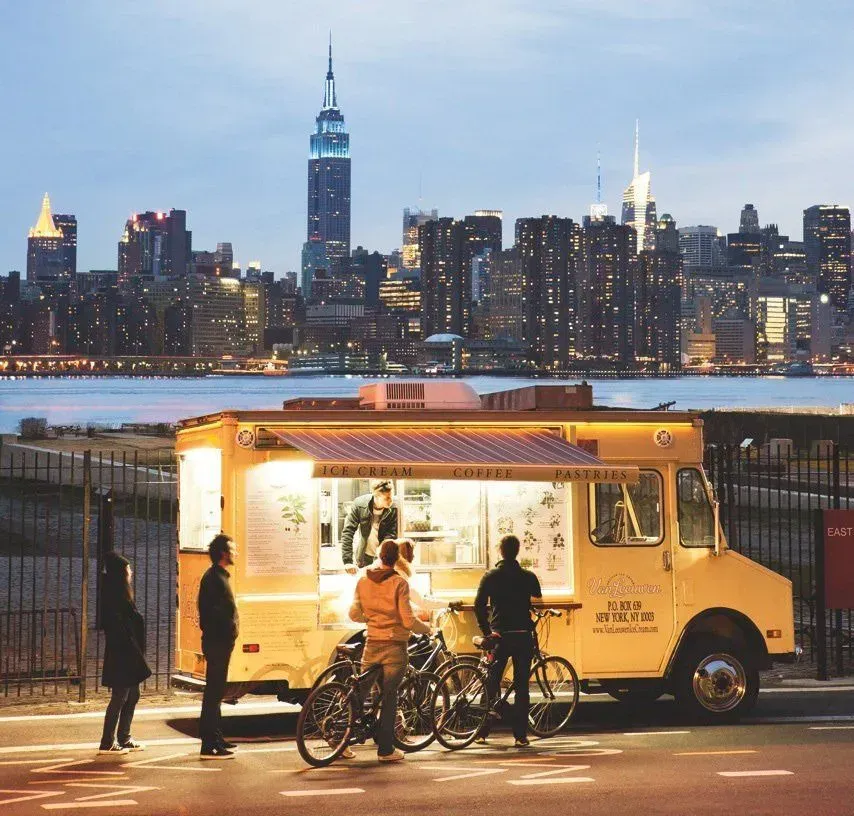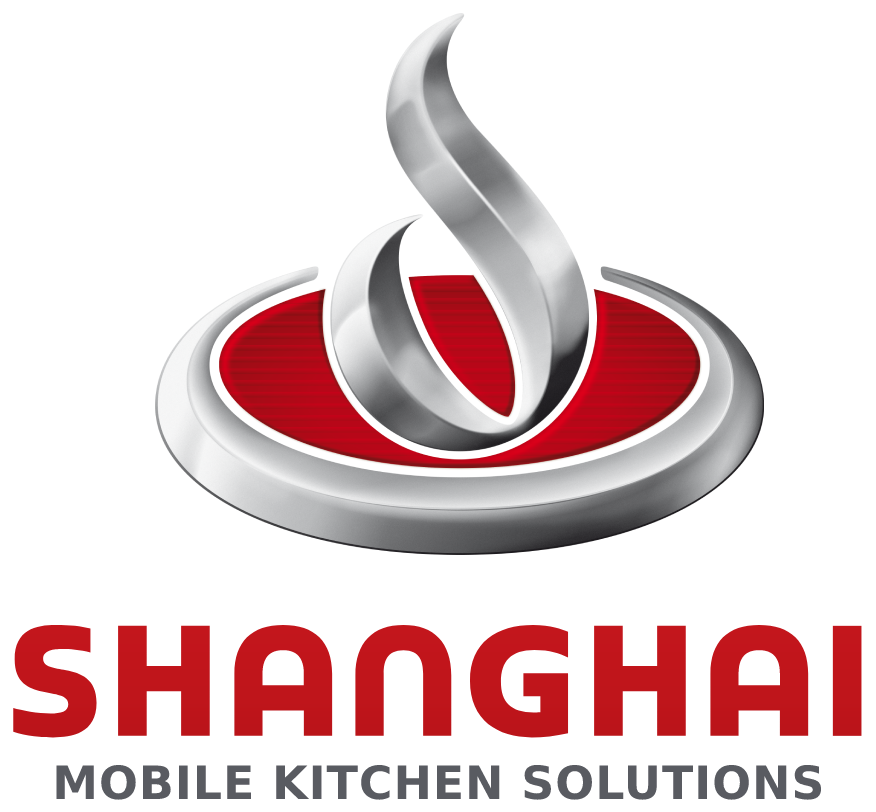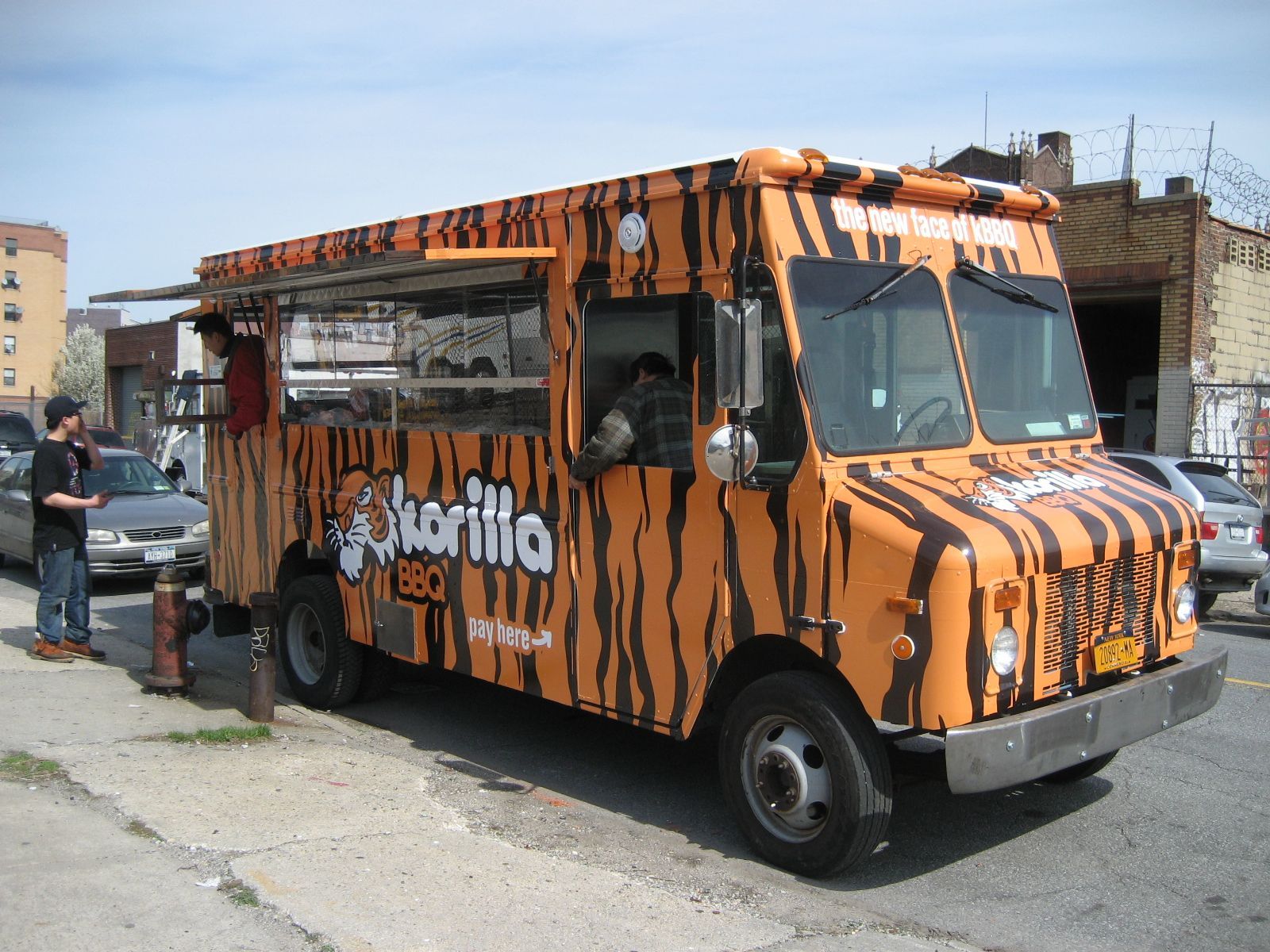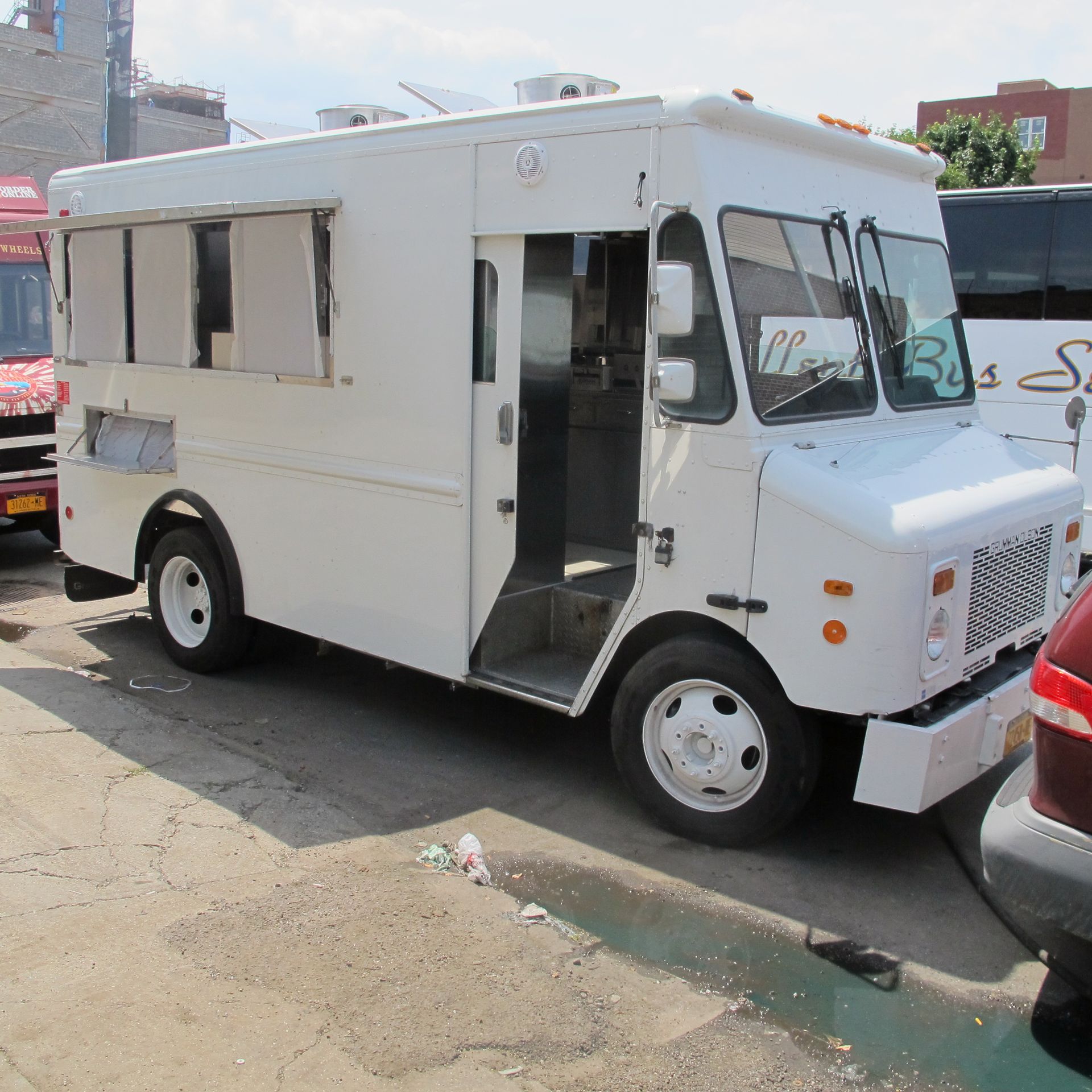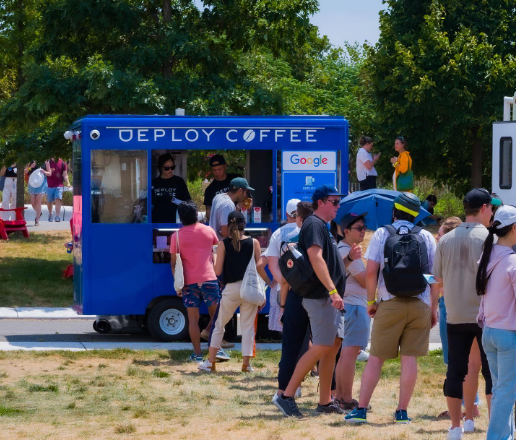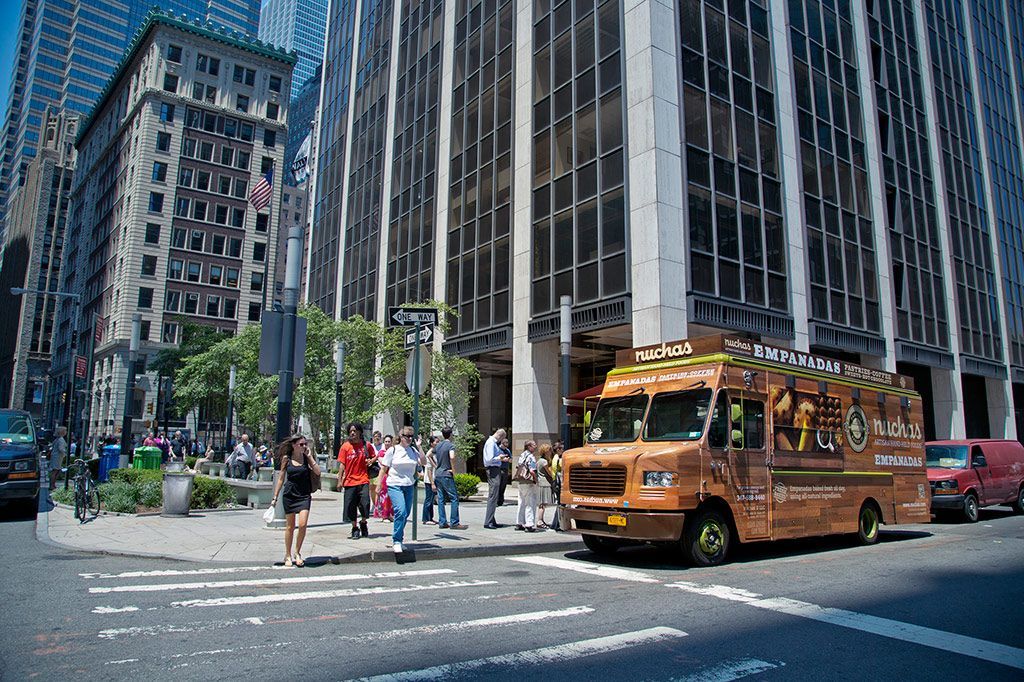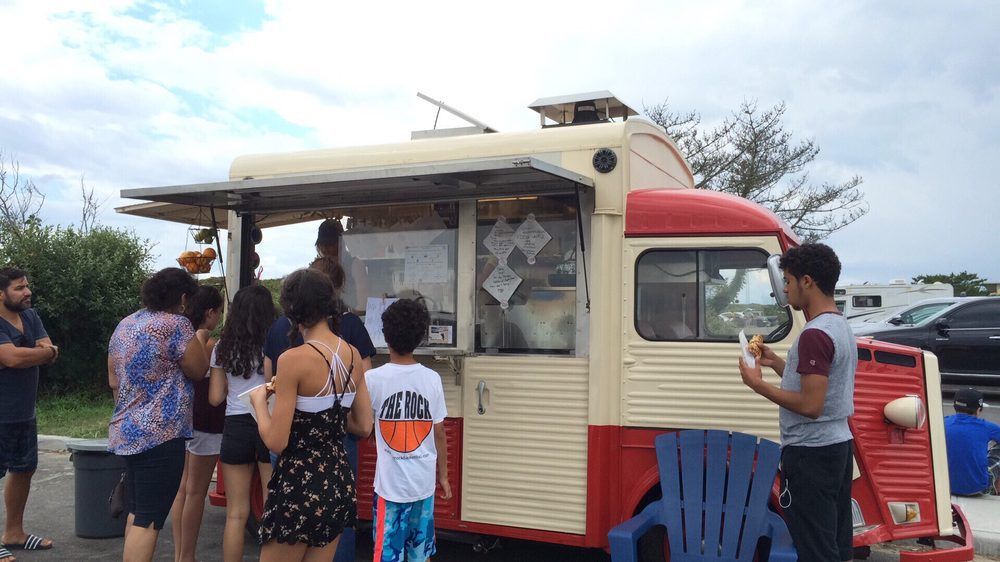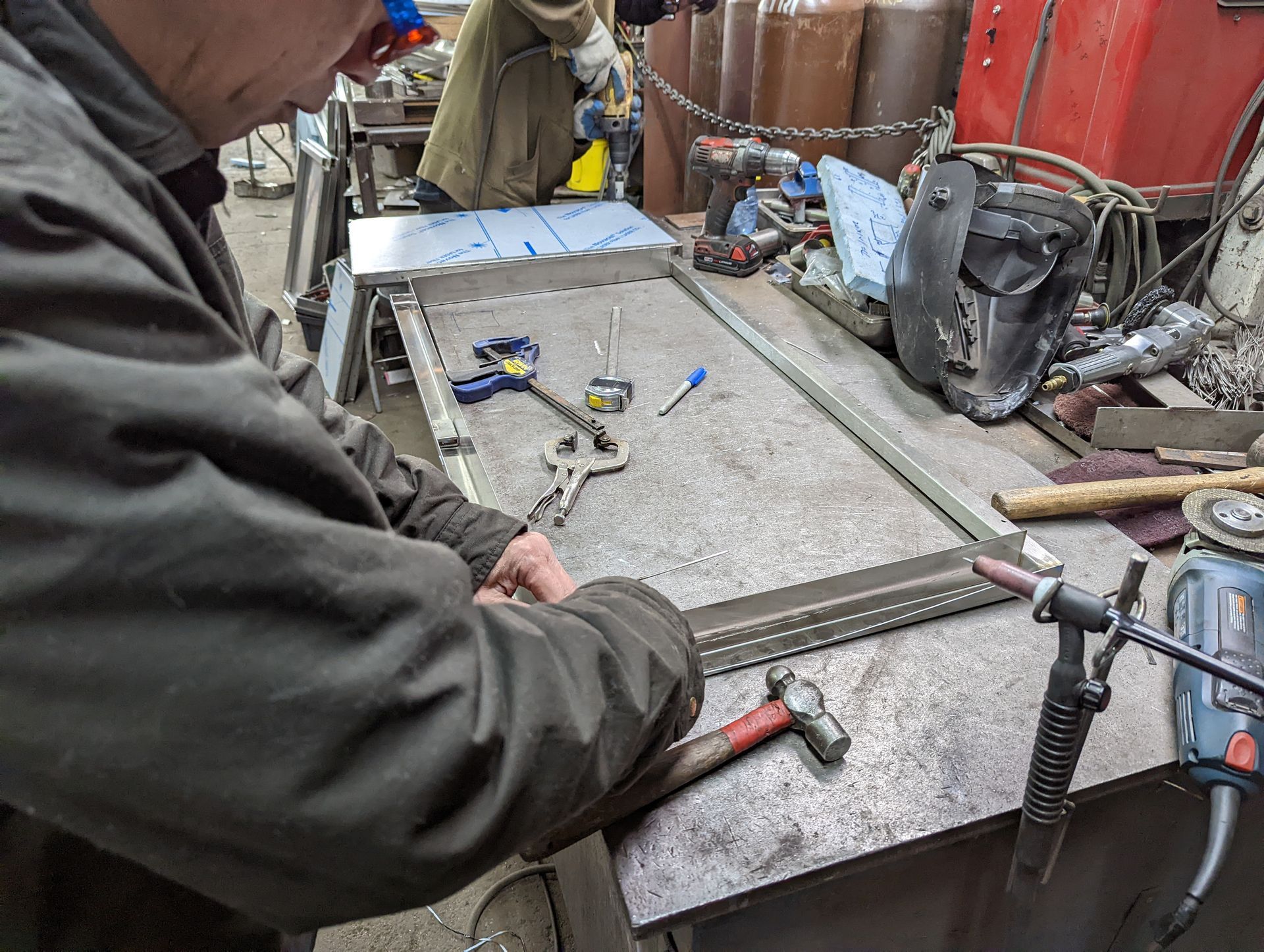What Size and Dimensions Should My Food Truck Be
Average Food Truck Dimensions, Width, Length, and Weight
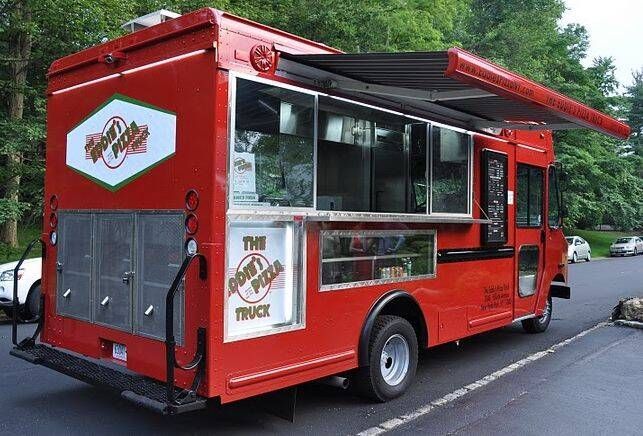
What Is the Standard Food Truck Size?
The average food truck size is usually 16 to 18 feet, providing a balance between kitchen space and mobility. Average food truck dimensions are 16 to 18 feet long, 8 to 10 feet high, and the average truck width is about 7 to 8 feet wide. When fully equipped with a kitchen, the weight of an average truck is between 12,000 and 16,000 lbs. The size of the truck you select when planning your food truck will depend on your specific needs and your menu.
How to Choose the Right Food Truck Dimensions for Your Business
The type of food truck you pick depends on how many people will use it to prepare meals, your volume of customers, the complexity of your menu, your operational needs, and your business goals.
Different Types of Food Trucks and Their Ideal Sizes
Each type of food truck should be functional and provide what is needed to properly prepare meals and foods to sell.
Food Trucks: Classic food trucks are the most versatile because they’re usually equipped with a full kitchen. Average food truck length is about 14 to 18 feet long and has enough space for a small team of workers to cook a variety of dishes.
Food Carts: Because they typically serve quick meals, food carts are more compact and work well in areas where space is limited. They measure about 4 to 8 feet long.
Food Trailers: When you need more kitchen space, food trailers provide it because they can measure up to 30 feet long. They can also be parked at events or festivals if allowed.
What Is the Best Small Food Truck for Startups?
The best small food truck for a startup is 10 to 14 feet long. Custom mobile food trucks are affordable if you have a limited budget, and are ideal for serving quick, simple meals.
How Food Truck Measurements Affect Your Kitchen and Workflow
The dimensions of a food truck are important when designing a kitchen layout and planning workflow, influencing efficiency and success. Big food trucks allow streamlined workflow because the kitchen in a truck that is bigger is easier to work in with more storage space. Although size matters, your food truck must follow local safety regulations. Larger trucks allow you to serve a higher volume of customers. To ensure you have a functional, safe, and profitable kitchen, consider what size is best for your business.
What’s the Difference Between a Food Truck vs. Food Trailer in Size?
Food trailers need a separate vehicle to transport them to selling locations. They provide more space for kitchen equipment, and prep areas than food trucks, but hitching, towing, and parking is often more challenging because they need a bigger parking space than food trucks. Standard food trucks are more mobile and can move to various markets and events because they’re smaller. They're more functional, and fit into regular parking spaces.
How to Customize Your Food Truck Layout for Efficiency
Customizing your food truck layout for the best workflow includes maximizing space by planning and organizing it properly. Select multi-functional appliances and arrange workstations logically. Keep supplies within reach by adding shelves and racks. Your workspace will support your mobile food business better with a custom food truck layout,
How Food Truck Models Impact Cost and Space Usage
Food truck models impact both cost and space usage because of the initial investment and the available cooking space. A larger food truck allows more menu options because of cooking and storage space, but a larger truck might cost more to outfit.
What Are the Minimum and Maximum Dimensions for a Food Truck?
Although New York City doesn’t have a minimum or maximum food truck size requirement, the majority of food trucks are between 14 and 24 feet long, 7 to 8 feet wide, and 8 to 10 feet tall. These sizes provide enough cooking space while also ensuring mobility.
Does the Size of a Food Truck Affect Its Mobility and Parking?
Parking options and mobility can sometimes be affected by the size of a food truck. Small food trucks and food carts are easier to park in small spaces and maneuver when there is limited parking, or on narrow streets. You want to be able to access locations of different types and sizes when you run a food truck. You need to ensure you’re mobile to attract the most customers. While smaller trucks are around 10 to 14 feet long, big trucks range from 18 to 30 feet, but provide more space for staff and cooking equipment. Larger trucks don’t maneuver as well as a small food truck, which can park in smaller parking spaces.
Which Food Truck Size Is Best for Different Types of Cuisines? (Burgers, Tacos, Coffee, etc.)
The food truck size you need depends on the volume of customers you expect and the kind of food you plan to sell. As an added convenience, some have windows for food trucks to serve from. Determine what your needs for prep, cooking, and storage are to choose the best food truck size for your business.
Burgers: If you’re planning to serve and sell burgers, a classic food truck is the best choice because it offers enough room for your grills and fryers.
Tacos: You can properly cook and serve tacos from a classic food truck due to their simple ingredients.
Coffee: If you plan to sell coffee, a food cart or compact food truck can work. You’ll need an espresso machine, grinders, and space to store coffee beans and other supplies.
Ice Cream: Ice cream food trucks should have enough room for freezers, and also a serving window. Some people prefer using a food cart to sell ice cream since it's easy to maneuver.
Pizza: Pizza trucks need ovens, prep tables, and ingredients. A food trailer or box truck works well if you’re going to offer pizza.
BBQ: BBQ trucks need room for smokers, grills, and prep areas. To handle the volume and equipment for BBQ, you need a larger truck, a food trailer, or a box truck.
Gourmet or Fusion Cuisine: To cook more involved gourmet or fusion cuisine, a classic food truck or trailer offers a flexible workspace.
How to Ensure Your Food Truck Fits Local Health and Safety Regulations
You need a business license, and mobile vendor permit, as well as food service and fire safety permits, to run your food truck business in New York. Safety measures required by the state include proper refrigeration, a handwashing station, a three compartment sink, and a certified fire suppression system. Ensure you use safe food handling, temperature control, and provide training for food handlers so there are no harmful foodborne illnesses. Violations require corrective action after an inspection. Stay aware of local regulations to ensure your food truck is healthy and safe.
How Shanghai Mobile Kitchen Can Help You Build a Custom Food Truck
If you’re planning a food truck business and want to build a new one from scratch or remodel an existing food truck or trailer, our experts at Shanghai Mobile Kitchens can design or remodel one for you to make your food truck business more profitable and successful. We create custom built food trucks to exceed your expectations. Contact us today to discuss your food truck needs.
